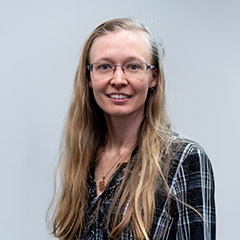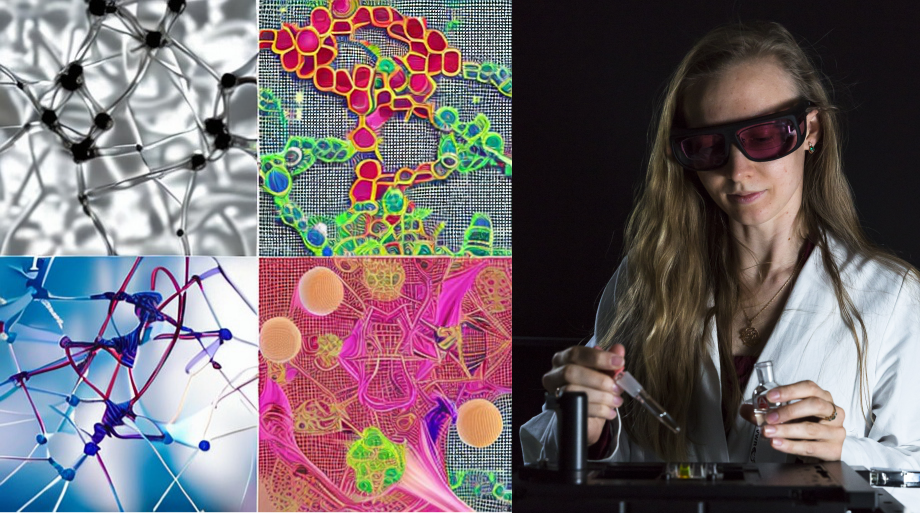Kadi studies proteins, the most significantly active molecules in biology, and believes that one of the biggest methodological quests in biomedical research today is the development of methods that could be used for the effective characterization and analysis of complex mixtures of proteins. Her long-term scientific ambition is to develop such methods, so that we could analyze proteins with the ease and accuracy comparable to how we sequence DNA today.
As part of her PhD training at the University of Cambridge, Kadi worked on devising new methods for probing protein folding and aggregation in the context of Alzheimer’s and other neurodegenerative diseases. As a Schmidt Science Fellow, Kadi pivoted to the field of molecular machine learning and devised physics-augmented methods for predicting the properties of small molecule drug candidates.
Kadi continued her work at the Lee Group, and together with collaborators from the Knowles group, she worked on machine learning algorithms with which we could model the biophysical behavior of proteins. She contributed to the COVID-moonshot project aimed at developing an active antiviral against SARS-CoV-2.
She is now Meres Research Fellow at St John’s College, University of Cambridge.

